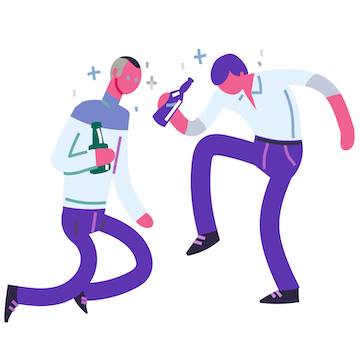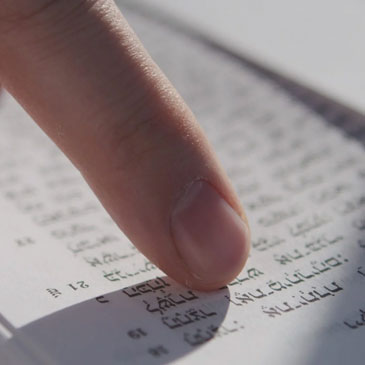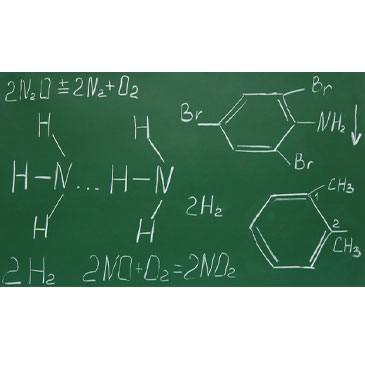CAN L’CHAIM BE DANGEROUS?
Perhaps I should not call your attention to this because it contradicts what some people consider socially normal and acceptable. Nevertheless, I will do so anyway.
Binge drinking has become increasingly common in various social settings, particularly during Shabbos and at social gatherings. This trend is especially evident among some newly married men facing the challenges of family life, who may turn to drinking for stress relief or social bonding. For some men, binge drinking is a legacy from their years in yeshiva, where they were not fully cautioned about the many dangers of excessive alcohol consumption.

The normalization of binge drinking in these contexts creates a difficult cycle to break. Binge drinkers are about five times more likely to experience multiple alcohol-related health and social problems compared to non-binge drinkers.
This behavior can have devastating effects on marital relationships. Wives express profound disappointment when their carefully prepared Shabbos meals are disrupted by a husband who returns from shul (synagogue) drunk and unable to engage in family activities. In these situations, the sober partner often feels alienated and undervalued, sometimes taking on enabling roles that foster further resentment. There is also significant embarrassment associated with these behaviors, as husbands become the subject of community gossip.
From my experience as a clinician, I have encountered multiple cases where wives have issued ultimatums to their husbands, demanding that they stop drinking or face divorce. Hearing these heartbreaking stories of wives suffering because of their husbands’ drinking is truly painful. A wife meticulously prepares the home, children, and meals for Shabbos or the holidays and, wanting her husband to be proud of her, is devastated when he arrives home inebriated and, instead of appreciating all that she has done, requires her care as he is in the bathroom throwing up and falling down. This horror is compounded when the children are frightened by their father’s “strange” behavior.
In a religious context, drinking should serve only to support a person in growing stronger and more committed in their service to Hashem. It certainly should never erode the purpose and holiness of a relationship between a husband and wife.
The topic of alcohol consumption has been addressed by the Lubavitcher Rebbe, Rabbi Menachem Mendel Schneerson, on many occasions. His teachings reflect a deep concern for the intersection of Jewish law (halacha), personal conduct, and broader implications for health and spirituality.
The Rebbe emphasized moderation in all aspects of life, especially regarding alcohol consumption. While Judaism permits alcohol for specific rituals—such as Kiddush, Havdalah, Pesach, and Purim—he strongly discouraged excessive drinking, warning that it could lead to undesirable consequences.
The Rebbe clarified that the goal should not be drunkenness but rather to enhance one’s spiritual experience and joy. He cautioned against allowing alcohol to impair judgment and self-awareness, insisting that fulfilling mitzvos should be the priority.
In his correspondence, the Rebbe frequently advised individuals struggling with alcohol issues to either abstain entirely or limit their intake, especially if there was a history of substance abuse or health concerns.
During farbrengens (Chassidic gatherings), the Rebbe emphasized that such events should focus on unity, inspiration, song, and the study of Torah, not on alcohol consumption. He consistently urged his followers to exercise caution.
The Rebbe made it clear that health is a Torah value, and the observance of mitzvos should never involve endangering oneself, such as through drinking.
Ultimately, the Rebbe’s teachings emphasize that self-control, moderation, and health come first.
According to the Rebbe, drinking to excess is not only NOT a mitzvah but can also be considered a transgression in its own right.
Drinking alcohol, when done properly, must enhance, not detract from a person’s spiritual life, which, first and foremost, includes Sholom Bayis.
You decide: TO DRINK ALCOHOL IN MODERATION
The benefits
• Positively contribute to your marital and family relationships
• Demonstrate self-control and self-respect
• Maintain focus on essential matters
Risks when you don’t drink in moderation
• Put your marriage, family stability, and future at risk
• Injure your physical, mental, and spiritual well-being
• Embarrass every member of your family





